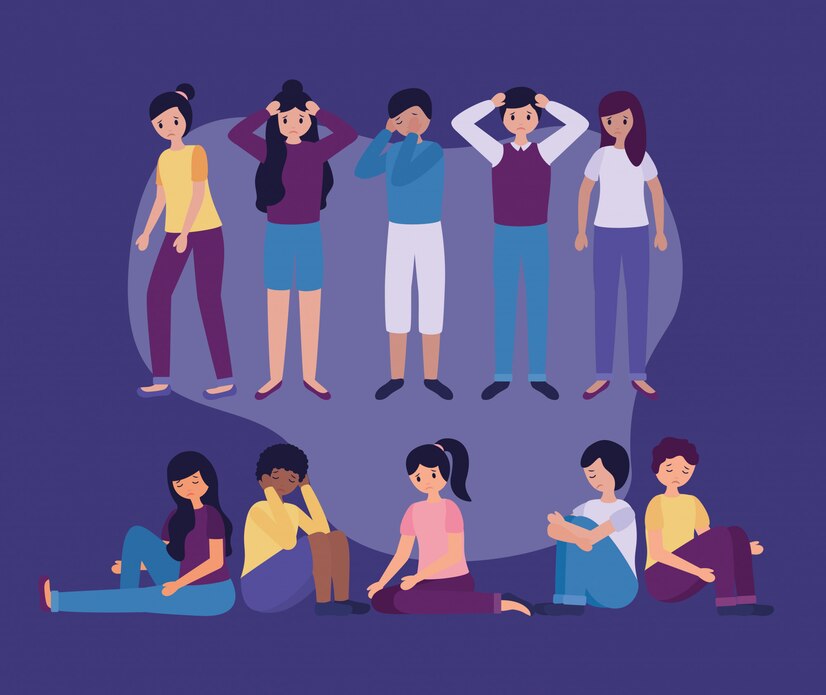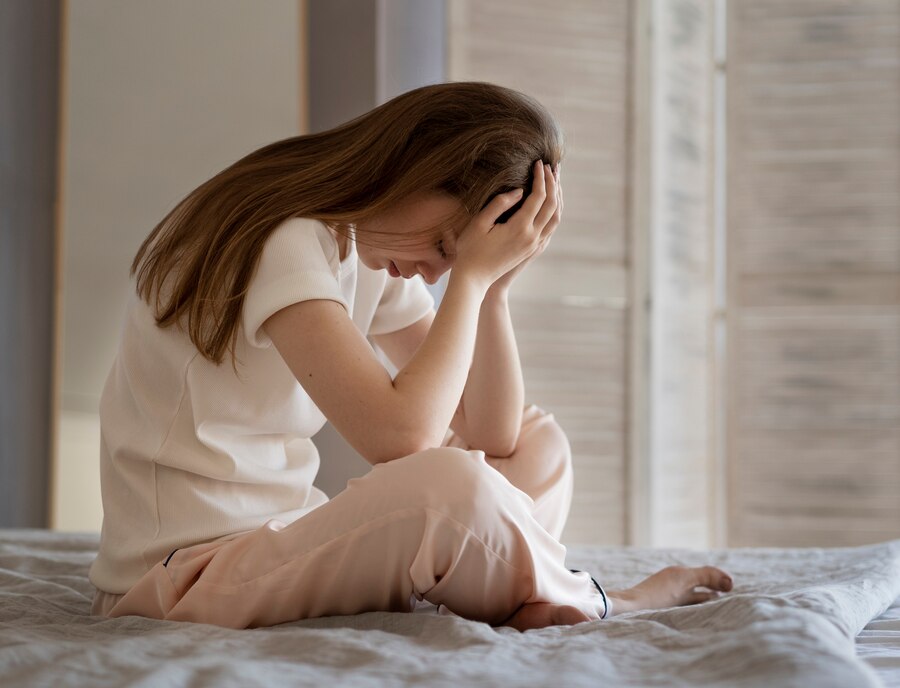Exploring the Potential of CBD for Depression Symptoms
Table of Contents
Depression affects millions of people worldwide, impacting daily life, productivity, relationships, and overall well-being. While traditional treatments like therapy and prescription medications have been helpful for many, others seek natural alternatives or complementary solutions. One increasingly popular option is CBD for depression — a non-psychoactive compound derived from the cannabis plant that may offer mood-boosting and anti-anxiety benefits.
In this article, we’ll take a deep dive into what cbd roll on for pain is, how it may help relieve depression symptoms, the current scientific understanding, and how to use it effectively.
What Is CBD?
CBD, or cannabidiol, is a naturally occurring compound found in the hemp variety of the cannabis plant. Unlike THC (tetrahydrocannabinol), CBD does not produce a “high,” making it a safe and appealing option for those seeking relief without intoxication.
CBD works by interacting with the body’s endocannabinoid system (ECS) — a complex network of receptors responsible for maintaining homeostasis in the body, including mood regulation, stress response, and sleep cycles.
How CBD May Help with Depression Symptoms

When exploring the potential of CBD for depression, several mechanisms of action come into play:
1. Boosting Serotonin Activity
One of the leading theories behind depression is low serotonin levels. CBD doesn’t directly increase serotonin but may influence the way your brain’s chemical receptors respond to the serotonin already present. This is similar to the function of selective serotonin reuptake inhibitors (SSRIs), a common class of antidepressants.
2. Reducing Anxiety and Stress
Depression and anxiety often go hand-in-hand. CBD has shown promise in reducing stress and promoting a calming effect, which can ease the emotional burden of depression.
3. Improving Sleep Quality
Sleep disturbances are a common symptom of depression. By promoting deeper, more restful sleep, CBD may help reset sleep cycles and improve mental clarity and energy levels.
4. Anti-Inflammatory Effects
Chronic inflammation has been linked to depression in some studies. CBD has known anti-inflammatory properties, which may contribute to its mood-stabilizing effects.
5. Promoting Neurogenesis
Animal studies suggest that CBD may help promote the growth of new neurons in areas of the brain associated with mood regulation, like the hippocampus.
Forms of CBD for Managing Depression

There are multiple ways to incorporate CBD for depression into your wellness routine:
- CBD Tinctures or Oils: Quick absorption when taken sublingually.
- CBD Capsules: Easy to dose, ideal for consistent daily use.
- CBD Gummies or Edibles: A tasty and discreet option.
- CBD Vapes: Fast-acting but less recommended due to potential lung risks.
- CBD Topicals: Not typically used for depression but can assist with overall relaxation.
How to Start Using CBD for Depression
When trying CBD for the first time:
- Start Low and Go Slow: Begin with a low dose (10–20 mg daily) and gradually increase as needed.
- Choose Full or Broad-Spectrum CBD: These contain additional beneficial cannabinoids and terpenes for an enhanced effect (known as the entourage effect).
- Check for Third-Party Testing: Ensure you’re buying from a reputable source that provides lab-tested products.
- Be Consistent: CBD works best when taken regularly over time.
5 Frequently Asked Questions About CBD for Depression
1. Is CBD a replacement for antidepressants?
CBD should not replace prescribed antidepressants without medical supervision. It may be used alongside medications to support mental wellness, but always consult your doctor.
2. How long does it take for CBD to help with depression symptoms?
Some people notice a difference within days, while others may need several weeks of consistent use to experience results.
3. Are there any side effects of using CBD?
CBD is generally well-tolerated, but possible side effects include drowsiness, dry mouth, and digestive issues. Always start with a small dose to see how your body reacts.
4. Can I get addicted to CBD?
No, CBD is not addictive and has no psychoactive effects.
5. What’s the best time of day to take CBD for depression?
Many people find taking CBD in the morning helps with mood and focus, while others prefer it in the evening to wind down and sleep better. It depends on your specific symptoms.
Final Thoughts on CBD for Depression
While research is still evolving, the early evidence and personal anecdotes are encouraging. CBD for depression offers a natural approach to managing mood, easing anxiety, improving sleep, and supporting mental health.
That said, it’s essential to treat CBD as part of a broader mental health strategy. Incorporating it alongside therapy, mindfulness, regular exercise, and proper nutrition can make a meaningful impact on your overall well-being.
As with any supplement, consult with your healthcare provider to ensure it aligns with your unique needs and existing treatments.







